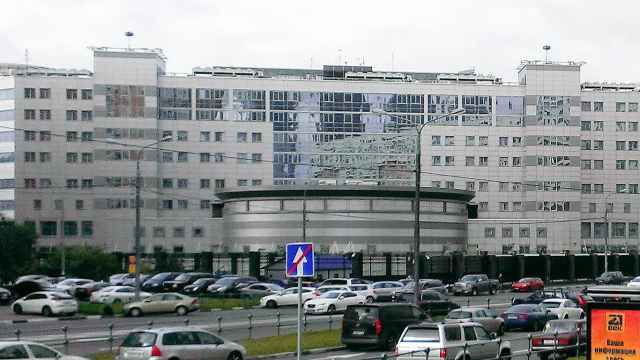A top executive of disgraced payments company Wirecard is believed to be in hiding near Moscow under the protection of Russia’s GRU military intelligence agency, the German newspaper Handelsblatt reported Sunday.
Wirecard collapsed in June after admitting that 1.9 billion euros ($2.2 billion) missing from its accounts likely did not exist, in what auditors said appeared to be an "elaborate and sophisticated fraud.” German authorities arrested its ex-CEO and former chief operating officer Jan Marsalek, 40, is on the run from as many as three Western intelligence agencies.
Marsalek is believed to be under GRU supervision in a property west of Moscow, Handelsblatt cited unnamed business, judicial and diplomatic sources as saying.
Germany’s Der Spiegel news magazine, the investigative website Bellingcat and Russia’s The Insider news website reported this weekend that Marsalek fled to Belarus via Estonia hours after his firing on June 18. Belarus and Russia have had virtually no border control since 1995.
Handelsblatt wrote that current political tensions between Belarus and Russia made it “too risky” for the GRU to leave Marsalek in Minsk.
Marsalek has “often styled himself as a secret agent” in private conversations and “must have worked closely with the GRU” during his visits to war-torn Syria and while making investments in Libya, Handelsblatt reported.
Bellingcat’s investigation said that the Austrian citizen made more than 60 trips to Russia over the past decade.
Wirecard had been a rising star on the Frankfurt stock exchange until reports by the Financial Times and other media questioned its business and accounting practices.
The Kremlin said Monday it was unaware of Marsalek’s whereabouts.
AFP contributed reporting to this article.
A Message from The Moscow Times:
Dear readers,
We are facing unprecedented challenges. Russia's Prosecutor General's Office has designated The Moscow Times as an "undesirable" organization, criminalizing our work and putting our staff at risk of prosecution. This follows our earlier unjust labeling as a "foreign agent."
These actions are direct attempts to silence independent journalism in Russia. The authorities claim our work "discredits the decisions of the Russian leadership." We see things differently: we strive to provide accurate, unbiased reporting on Russia.
We, the journalists of The Moscow Times, refuse to be silenced. But to continue our work, we need your help.
Your support, no matter how small, makes a world of difference. If you can, please support us monthly starting from just $2. It's quick to set up, and every contribution makes a significant impact.
By supporting The Moscow Times, you're defending open, independent journalism in the face of repression. Thank you for standing with us.
Remind me later.






